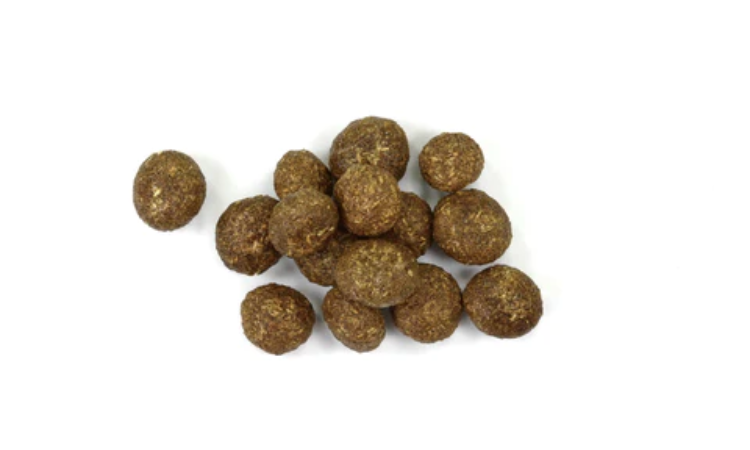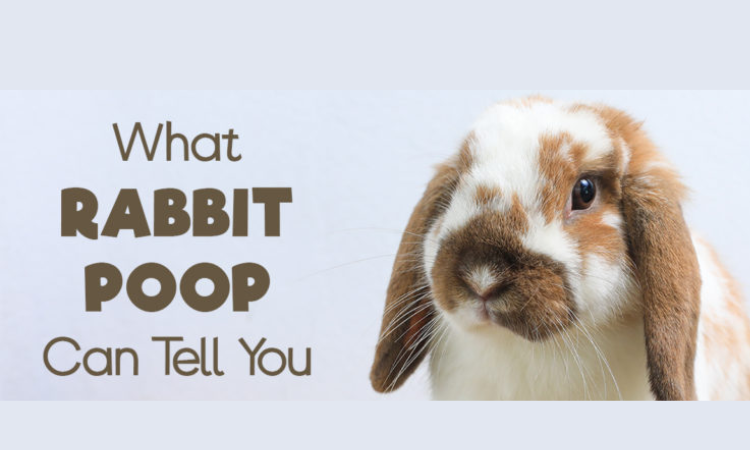What Rabbit Poops Can Tell You??: Because curiosity often leads us to unexpected discoveries, even the most mundane things can teach us amazing things about nature. The peculiar realm of rabbit droppings is one such topic that might shock some people. Yeah, you heard it right: rabbit feces!
We will delve into the intricacies of rabbit feces and uncover any surprising information they may contain in this essay. More information, including environmental cues and health indications, can be revealed by rabbit droppings than what meets the eye.
Understanding Rabbit Defecation:
Weighing Sizes:
Did you ever stop to think about the reason behind the size variation in rabbit droppings? You can tell a lot about the rabbit’s health by looking at the size of these small pellets. A healthy digestive system is characterized by regular little, spherical pellets; however, huge, irregularly shaped droppings may indicate an issue.
Scheme of Colors for Rabbit Droppings:
Rabbit droppings can range in color from a deeper brown to a lighter tan. A rabbit’s coat color can tell you a lot about its nutrition and overall health. If your excrement is unusually dark in color, it could be because you eat a lot of certain vegetables or leafy greens.
Structural Integrity:
The consistency and shape of rabbit droppings can tell you a lot about the rabbit’s diet and water status. It could be a sign that the rabbit isn’t eating enough hay or is experiencing digestive problems if its droppings are mushy or runny. Pellets that are small and round indicate that their diet is balanced.
Frequency as a Factor:
Just like us, the frequency of a rabbit’s defecation is a key indicator of its intestinal health. Rabbits usually defecate a lot daily, but if there’s a major change from the norm, it could mean something is wrong. If you keep a close eye on your health, you can catch any problems early and treat them effectively.
How Science Explains It?
With that out of the way, let’s take a look at the science behind the idea that rabbit poop can tell us anything about a rabbit’s health. Bunnies have a unique digestive process that involves fermentation in their hindgut. While digesting food, they, unlike humans, create two distinct types of excrement: soft cecotropes and hard fecal pellets.
After making a second journey through their digestive system, rabbits release poop that is rich in nutrients; this is known as cecotropes. Rabbits’ health and nutrition reabsorption are aided by these cecotropes. The efficiency of nature is demonstrated by this intricate digestive system.
Evidence pertaining to the natural world
Rabbit poop provides vital environmental signals in addition to being a health indicator. If you see a lot of rabbit droppings in your garden, it means that everything is flourishing there. Rabbits play an important role in weed management, and their droppings provide a natural fertilizer that improves soil quality.

What Rabbit Poops Can Tell You?
Part of the Actual World:
Once we’ve covered the theoretical aspects of rabbit droppings, we may go on to how the concept is used in the real world. It is one thing to be aware of the signs of healthy rabbit droppings, and quite another to put that knowledge to use in ensuring the well-being of your pet.
Changes to the Diet:
Your pet rabbit’s food needs to be adjusted based on your knowledge of the variations in the consistency, color, and size of their excrement. Consider changing their diet to include the right amount of vegetables, hay, and pellets if you see any irregularities. Remember that passing regular, healthy stools is a sign of good nutrition.
Tracking Hydration:
It has long been known that the consistency of rabbit droppings is a good indicator of the animal’s hydration state. If you observe that their waste is flatter or less moist than normal, you might have to adjust the amount of water they consume. The overall health of your rabbit depends on its ability to keep it well hydrated.
Care for Animals:
While rabbit poop can provide some useful information, it is no substitute for veterinary care. In the event that you see any concerning changes in your rabbit’s excrement or other habits, it is imperative that you seek immediate veterinary attention. Early detection of health issues can significantly affect the treatment’s efficacy.
Busting Common Myths About Rabbit Feces:
Before we wrap up, there are several misconceptions about rabbit droppings that pet owners should know better.
Fallacy: Rabbits Ought Not to Produce Any Waste
It is believed by some that a healthy rabbit should not defecate at all. The reality, though, is that rabbits are somewhat messy. They poop a lot every day because their digestive systems are designed to work properly.
Fallacy: Rabbit poop is identical
Our discussion thus far has shown that not all rabbit drops are the same. Factors such as hydration, diet, and overall health can alter the size, color, and consistency. To know how your rabbit is doing medically, you must be familiar with these variations.
To sum up:
In nature, even the tiniest details may make a big difference. Rabbit poop tells us a lot about these cute animals’ health, which is often ignored. We may learn about the significance of rabbit droppings and ensure the happiness of our adorable pets by paying attention to the minute variations in size, color, consistency, and regularity.
The next time you’re curious about the finer points of rabbit poop, remember that it may be a conversation starter, a sign of your pet’s health, and a window into the intricate workings of the natural world.
By learning to appreciate the quirks of rabbit poop, we may forge deeper relationships with our pets and appreciate the beauty of nature in our own backyard. We learned a lot from something as seemingly insignificant as rabbit droppings, after all. It provides a small glimpse into the lives of these cute creatures, and it’s fascinating.
If you like the part where we talked about What Rabbit Poops Can Tell You?. For more content like this, visit our website Rabbitswow.com

